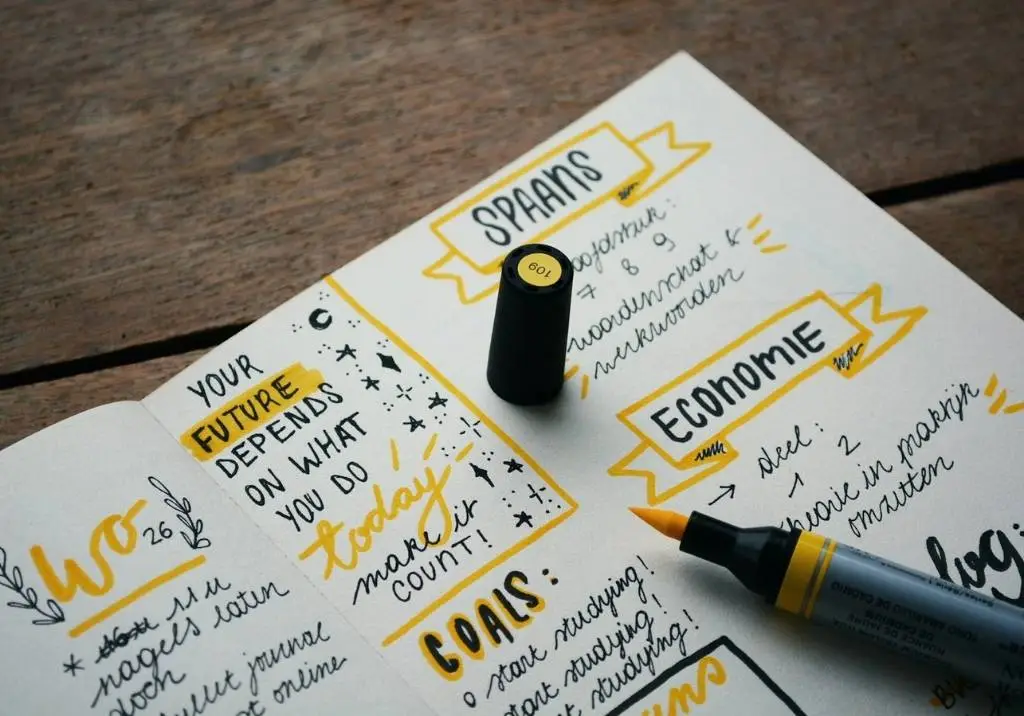Simple Strategies for a Clutter-Free Life
In today’s fast-paced world, staying organized can feel like an overwhelming task, especially when stress piles up. Whether it’s your home, your office, or your mind, clutter can cause mental fatigue and hinder productivity. But the good news is, getting organized doesn’t have to add more stress to your life. In fact, with the right strategies, you can declutter both your physical and mental spaces, creating a sense of calm and control.
Here are some practical tips to help you become more organized with less stress:
1. Start Small and Set Realistic Goals
Trying to overhaul your entire life in one go can be daunting. Instead, focus on small, manageable tasks that you can complete in a short amount of time. For example, if your desk is messy, start by organizing one drawer at a time. Set clear and realistic goals for each task. When you break things down into smaller chunks, you’ll feel more accomplished and less overwhelmed.
2. Use the 5-Minute Rule
When you’re feeling overwhelmed, it’s easy to procrastinate. To avoid this, use the 5-minute rule. Simply commit to working on a task for just five minutes. Often, this small time commitment will get you started, and you may find that once you begin, you’re motivated to keep going. It’s about making the first step easy and painless.
3. Prioritize with the simple tools
Prioritize tasks based on urgency and importance. It divides tasks into four categories:
- Urgent and Important: Do these right away.
- Important but Not Urgent: Schedule these tasks.
- Urgent but Not Important: Delegate these tasks if possible.
- Not Urgent and Not Important: Eliminate or ignore these tasks. By using this method, you can prevent unnecessary stress by focusing on what truly matters and avoiding the temptation to get bogged down by tasks that aren’t a priority.
4. Declutter Your Space (Physically and Mentally)
Clutter isn’t just about the physical items in your home or office; it can also refer to the mental clutter that fills your mind. Start by decluttering your physical space. A clean, organized environment can help reduce stress and increase productivity. Donate items you no longer need, create designated spaces for your things, and get rid of unnecessary distractions.
Mental decluttering involves letting go of negative thoughts, unnecessary worries, and mental to-do lists. Journaling can be a helpful way to clear your mind and prioritize tasks for the day. Additionally, practicing mindfulness can help you become more present and reduce mental clutter.
5. Implement a Simple Routine
Having a daily routine can significantly reduce stress and increase organization. A consistent routine brings structure to your day, allowing you to manage your time effectively. It doesn’t need to be rigid, but having designated times for tasks like checking emails, working, exercising, and relaxing can keep you on track. Be sure to include time for self-care and breaks, which will help you recharge and stay productive.
6. Use Technology to Your Advantage
Technology can be your best friend when it comes to staying organized. There are countless apps and tools designed to help you manage tasks, deadlines, and projects. Tools like Trello, Todoist, or Notion can keep track of your to-do list and break down large projects into smaller, manageable tasks. Set reminders to help you stay on track, and use calendar apps to plan your day and avoid over-scheduling.
7. Declutter Your Digital Life
Your digital world can be just as cluttered as your physical space. Start by organizing your files, emails, and apps. Unsubscribe from unnecessary newsletters and delete old emails that are no longer useful. Set up folders to organize your files logically, and create a system for storing documents that is easy to maintain.
By simplifying your digital life, you’ll reduce stress and avoid feeling overwhelmed by an inbox full of unread emails or a desktop cluttered with files.
8. Don’t Be Afraid to Ask for Help
Sometimes, the best way to get organized is by seeking help from others. Whether it’s asking a family member to help you clean or hiring a professional organizer, asking for assistance can reduce your stress level. Delegating tasks when possible can free up mental space and allow you to focus on higher-priority items.
9. Learn to Say No
One of the keys to staying organized without adding stress is learning to say no. Overcommitting yourself can lead to burnout and disorganization. If you’re feeling stretched thin, it’s okay to turn down extra responsibilities or projects. Prioritize your well-being and make sure your schedule reflects your most important tasks.
10. Celebrate Your Progress
Finally, be sure to celebrate your successes along the way. Organizing your life is a journey, not a destination. Acknowledge the small victories, whether it’s cleaning out a cluttered closet or completing a major project. Positive reinforcement will motivate you to continue and help reduce feelings of stress as you make progress.
Organization Without Stress
By implementing these strategies, you’ll be on your way to becoming more organized with less stress. Remember, it’s all about making small, consistent changes rather than trying to do everything at once. Set realistic goals, prioritize your tasks, and give yourself grace along the way. With time and persistence, you’ll create a system that works for you, leading to a more organized and stress-free life.



